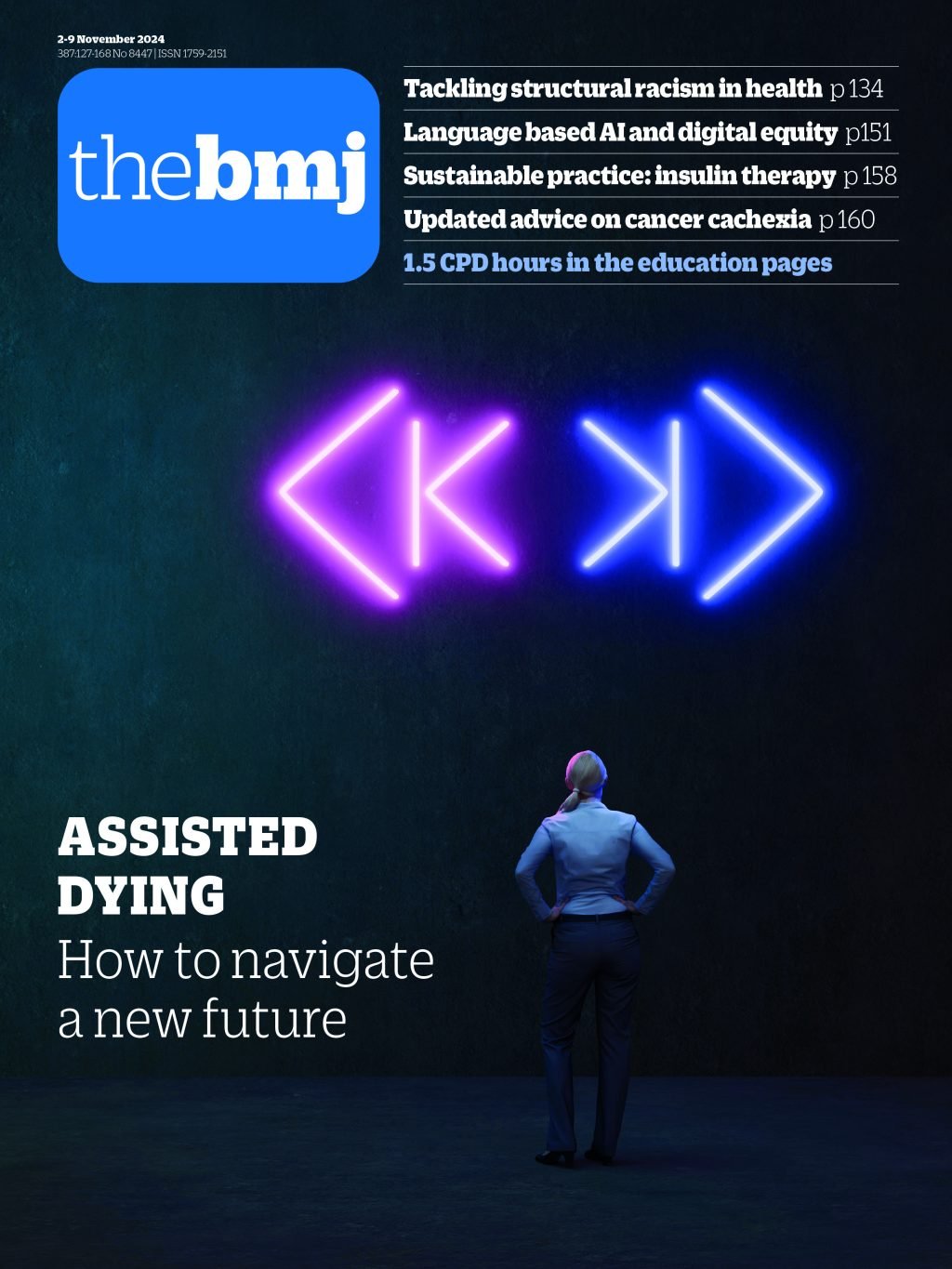
A health scandal in which newborn babies were allowed to die for profit has cast a harsh light on Turkey’s growing reliance on private hospitals.
Eleven private hospitals in and around Istanbul have been permanently closed as part of the “newborn gang” (yenidoğan çetesi) scandal, which has dominated Turkish headlines for three weeks. On 18 November, 47 people will stand trial on charges including negligent homicide, fraud, and forgery. Prosecutors are asking for sentences of 589 years for the alleged ringleaders—two doctors and an ambulance worker.
Seventeen of those charged are nurses and 14 are doctors, including the chief physicians of six hospitals. Five more are hospital directors or managers, and one is a hospital owner. The rest are hospital secretaries and accountants, as well as workers at the ambulance and referral services of Istanbul municipality and province.
Nine more people have been detained in a separate investigation after the family of the prosecutor leading the case against the newborn gang was threatened with murder if he did not release an arrested gang member.
The indictment against the 47 defendants names 12 babies who died through negligent homicide, but a report submitted to the government by Istanbul police, who led the investigation into the gang, claims that “they have caused the death of hundreds of babies.”1
Under the scheme, gang members who worked at municipal health services and at Istanbul’s “112” emergency call service identified babies born at smaller public and private hospitals with health conditions deemed too complex for those centres to deal with. But instead of being transferred to more advanced facilities, the babies were diverted to intensive care wards at 19 private hospitals that were part of the gang’s network. These wards were not operated directly by the hospitals …








